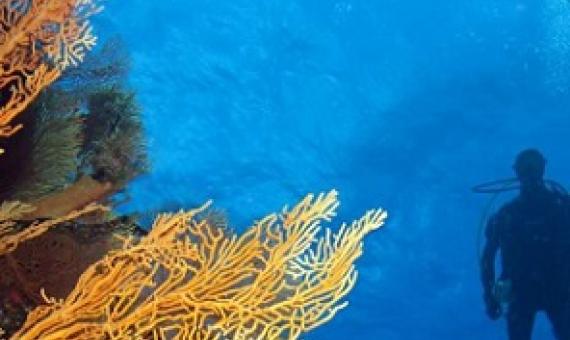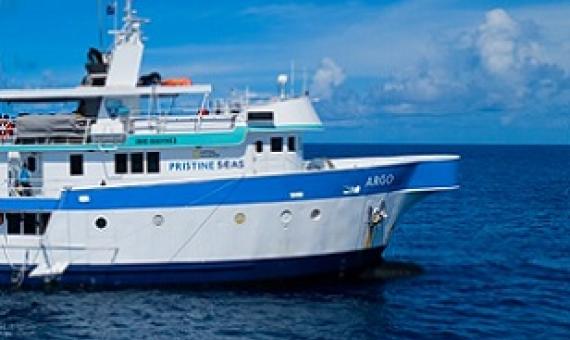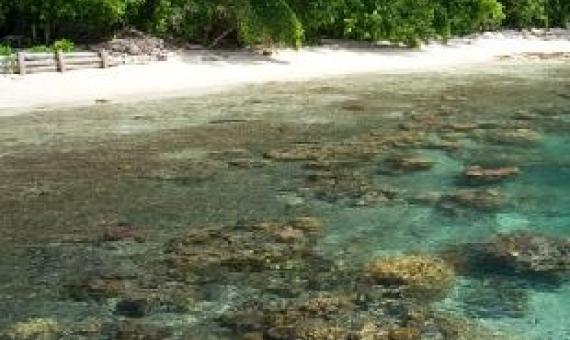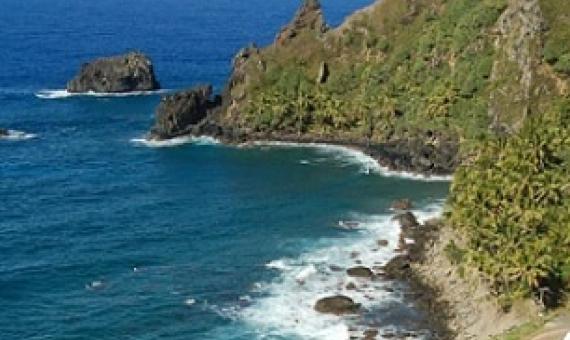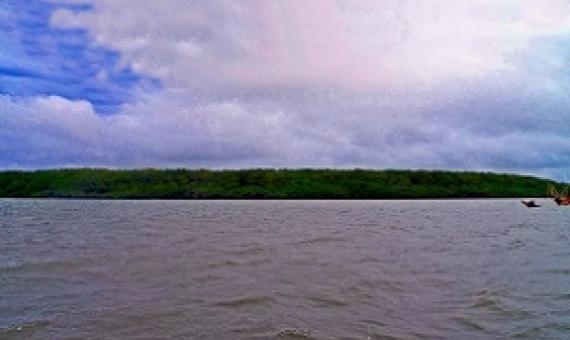A New Prespective on the work Boundary Organisations: Bridging Knowledge Between Marine Conservation actors in Pacific Small Island Developing States
In the face of growing pressures on the marine environment, evidence-based decision making in the realm of marine conservation policies is of utmost importance. Through their boundary work, comprising the transfer of knowledge through the production of boundary objects and the facilitation of knowledge exchange, boundary organisations stand out as highly promising in bridging the gap between science and policymaking. Call Number: [EL]Physical Description: 13 p.

